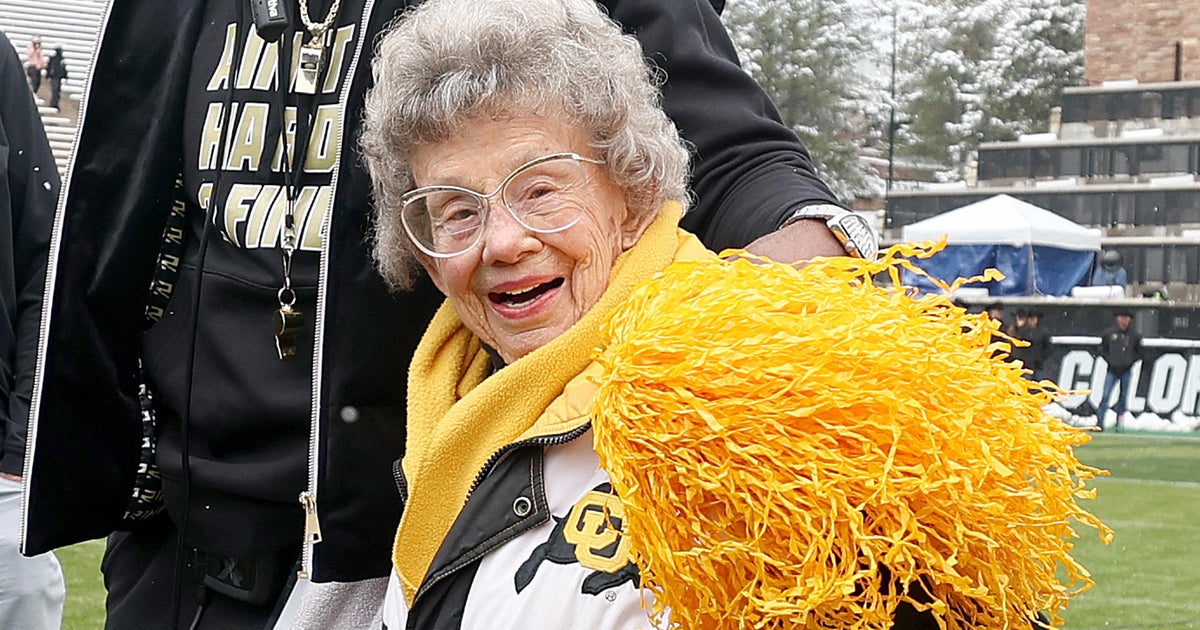NAIA, small colleges association, approves ban on trans athletes from women's sports
The National Association of Intercollegiate Athletics announced Monday it will ban transgender women from participating in women's sports.
The national small-college organization's Council of Presidents approved in a 20-0 vote a policy that only students who were assigned the female gender at birth could compete in women's sports. The new policy also blocks transgender women or nonbinary students who are receiving masculinizing hormone therapy.
"We know there are a lot of different opinions out there," NAIA President Jim Carr told CBS Sports' Dennis Dodd. "For us, we believed our first responsibility was to create fairness and competition in the NAIA."
He said the NAIA also believes its new policy aligns with the reasons Title IX was created.
"You're allowed to have separate but equal opportunities for women to compete," Carr said.
He told CBS Sports that all NAIA athletes who are no longer eligible for women's competition could still participate in men's sports.
A student who has begun hormone therapy may participate in activities such as workouts, practices and team activities, but not in interscholastic competition.
"With the exception of competitive cheer and competitive dance, the NAIA created separate categories for male and female participants," the NAIA said. "Each NAIA sport includes some combination of strength, speed and stamina, providing competitive advantages for male student-athletes. As a result, the NAIA policy for transgender student-athletes applies to all sports except for competitive cheer and competitive dance, which are open to all students."
The organization is believed to be the first to mandate that athletes compete according to their assigned sex at birth.
There is no known number of transgender athletes at the high school and college levels, though it is believed to be small.
The NAIA is the national athletic governing body for 249 mostly small colleges and about 83,000 student-athletes in more than 25 sports. The organization's membership is about 80% private schools and is not part of the NCAA's three divisions of competition.
Hours after the NAIA announcement, the NCAA released a statement: "College sports are the premier stage for women's sports in America and the NCAA will continue to promote Title IX, make unprecedented investments in women's sports and ensure fair competition for all student-athletes in all NCAA championships."
Shiwali Patel, senior counsel at the National Women's Law Center, said her organization was outraged by the NAIA policy.
"This is unacceptable and blatant discrimination that not only harms trans, nonbinary and intersex individuals, but limits the potential of all athletes," Patel said in a statement. "It's important to recognize that these discriminatory policies don't enhance fairness in competition. Instead, they send a message of exclusion and reinforce dangerous stereotypes that harm all women."
The topic of transgender athletes has become a hot-button issue among conservative groups and others who believe transgender athletes should not be allowed to compete on girls' and women's sports teams. Last month, more than a dozen current and former women's college athletes filed a federal lawsuit against the NCAA, accusing the college sports governing body of violating their rights by allowing transgender women to compete in women's sports.
At least 20 states have approved a version of a blanket ban on transgender athletes playing on K-12 and collegiate sports teams statewide, but a Biden administration proposal to forbid such outright bans is set to be finalized this year after multiple delays and much pushback. As proposed, the rule would establish that blanket bans would violate Title IX, the landmark gender-equity legislation enacted in 1972.
In 2022, the NCAA revised its policies on transgender athlete participation in what it called an attempt to align with national sports governing bodies. The third phase of the revised policy adds national and international sports governing body standards to the NCAA's rules and is scheduled to be implemented on Aug. 1.



